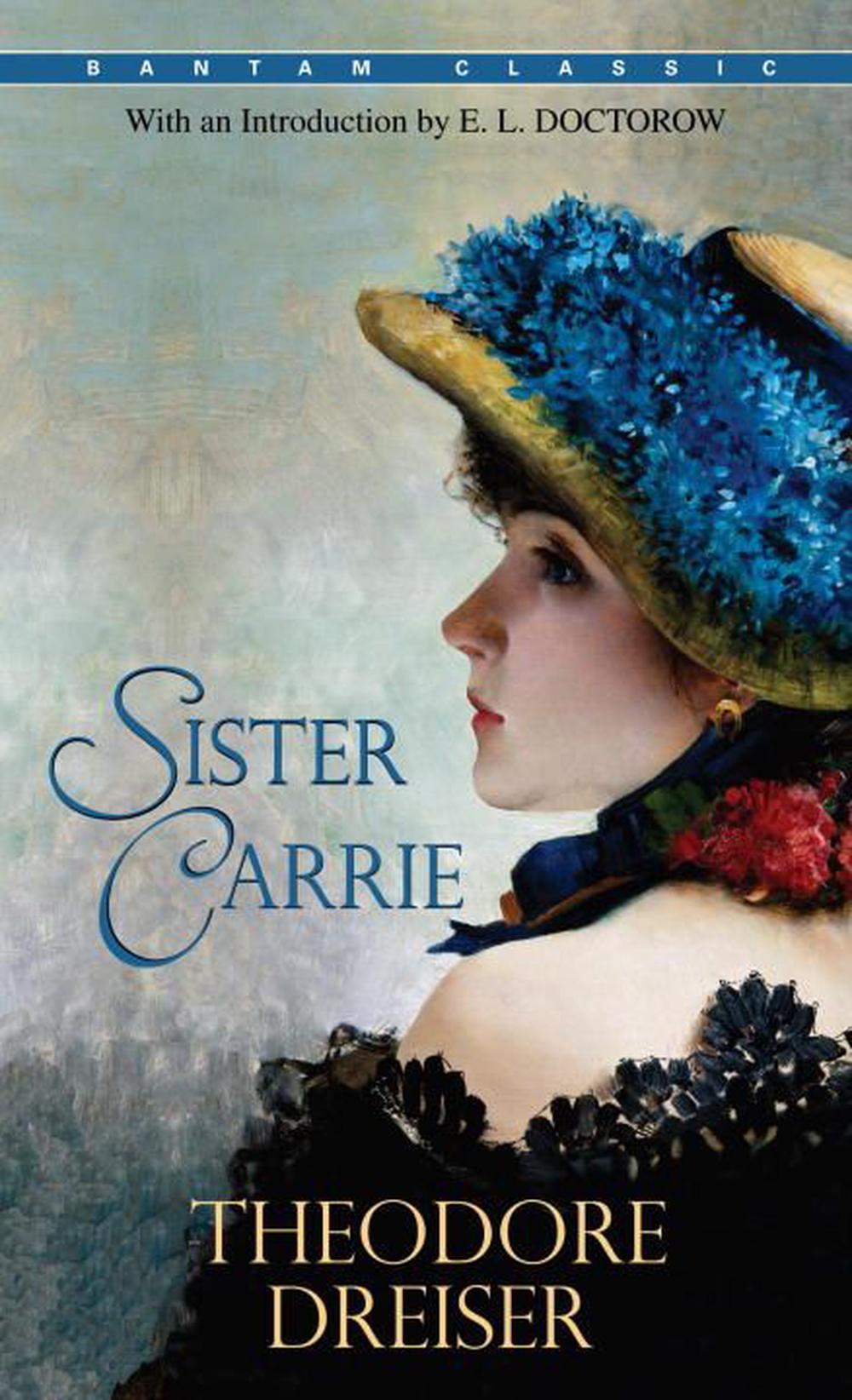This did not end how I expected it! After reading some lackluster books from the 1000 Books list, it was nice to get back to a more classical story by a famous author. So, I liked it!
In the opening scene of Theodore Dreiser’s first novel, Sister Carrie, Caroline Meeber, eighteen years old, wearing a plain blue dress and worn shoes, is on a train bound for Chicago. “Dreaming wild dreams of some vague, far-off supremacy,” she has four dollars in her bag and an equally vague plan to live with her sister until . . . what? Soon enough disillusioned by the reality of her meager new life, she will scrape and scheme and love and fall on hard times—use and be used—before ultimately finding the material success she seeks, as an actress in New York City. Writing with an earnestness that granted society more agency and potency than any novelist before him, save perhaps Balzac, had allowed, Dreiser pioneered an American naturalism that left a path for Sherwood Anderson, Sinclair Lewis, Saul Bellow, and several generations of other accomplished novelists to follow.


No comments:
Post a Comment